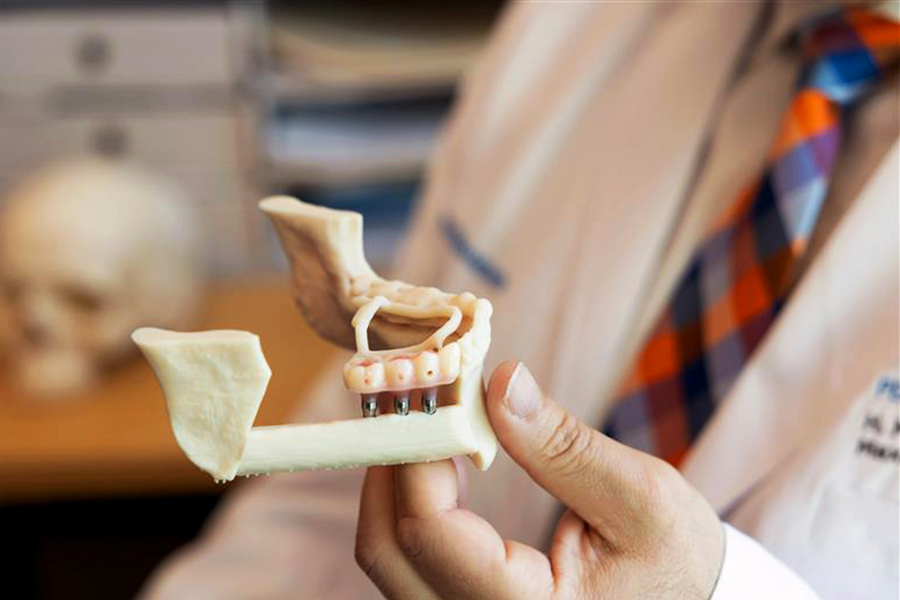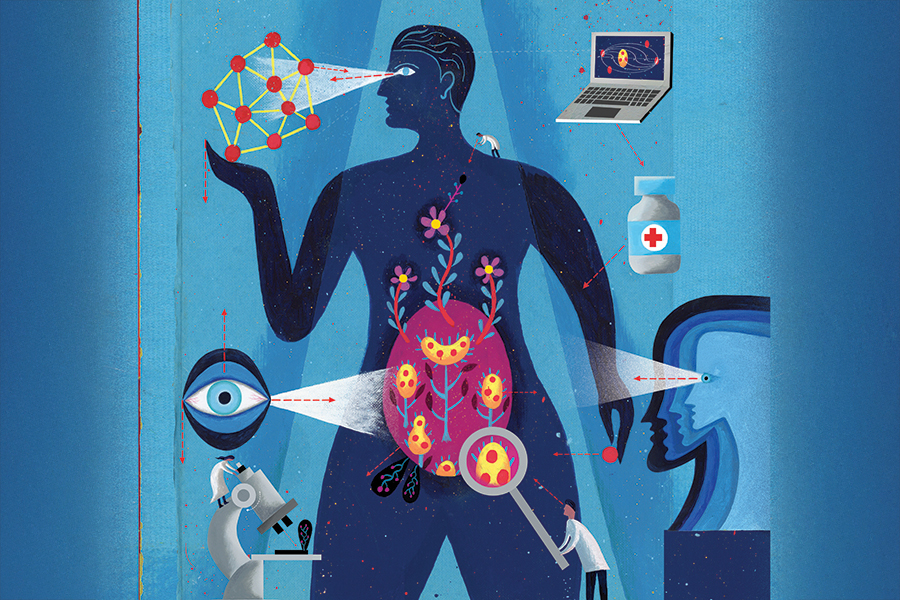The wrong compensation systems, fragmentation of services, and just maybe our own sloth are fingered as prime causes of the poor outcomes in health care.
Nov 13, 2016
The numbers sting: the U.S. spends exorbitantly on health care, and yet the medical outcomes are mediocre. The World Health Organization ranks the U.S. 37 in health outcomes – that’s behind Oman (8), Greece (14), Colombia (22), Canada (30).
Yet the U.S. can’t be faulted for penny-pinching on medicine. The health care spend is 17.1% of GDP, dramatically higher than most other nations (Germany is 11.2%; Canada is 10.7%).
What’s up? Know that research is plain that our health care system is deeply flawed. Worse is this: years ago U.S. medicine tumbled to its lagging quality outcomes. What’s happened since? Not much, said a recent scholarly article in the Journal of the American Medical Association. Wrote the authors:
“Widespread deficits in the quality of U.S. health care were described over a decade ago.” The JAMA critique continued: “Despite more than a decade of efforts, the clinical quality of outpatient care delivered to American adults has not consistently improved….Deficits in care continue to pose serious hazards to the health of the American public.”
On the plus side, said the JAMA report, “patient experience” has improved – we are happy customers – but we are probably not receiving care and treatments we should be getting and yet we also are getting treatments that serve no good purpose and may even be harmful. That is what lead author Dr. David Levine of Brigham and Women’s Hospital and Harvard University in Boston has gone on record with.
Physicians aren’t surprised by the dis, either. Dr. Joel Shalowitz, a professor at Northwestern, said, “I have been following these reports for years. Overall, the numbers don’t get much better.”
Shalowitz, who is on faculty at both Northwestern’s medical school and its management school, said a root of the quality problems is the underlying system. “The financial incentives still reward volume and foster fragmentation of care.”
That is, healthcare providers are incentivized to push large numbers of patients through the system – and, even worse, in American health care often providers don’t talk with each other. A family practice doctor typically will have little – perhaps no – meaningful communication with a cardiologist who serves some of the same patients. A retinal surgeon may have no contact with a patient’s primary care doctor – and may not even have any contact with the patient’s regular eye doctor. Why? That’s just how the system works, said multiple experts, but that also is a drag on quality.
Dr. Robert Pearl, chairman of the Council of Accountable Physician Practices and also CEO of the Permanente Medical Group, which brings together some 9000 physicians, bluntly said: “The JAMA article is accurate. We don’t have the right structure.”
Ask Pearl and, like Shalowitz, he said that a primary issue is fragmentation. “We need more integration of care,” Pearl sad. “Quality care won’t be delivered by physicians working alone.”
Pearl added: “
That is fact, too, despite considerable talk about focusing medicine on prevention, the bulk of effort still focuses on treatments of disease.
But there are reasons for optimism, Pearl added: “Everybody knows where we want to go. The federal government is putting the right pressures, in the right directions.”
Nonetheless Pearl – ominously – added: “The average American cannot afford the average cost of health care in this country. We are in a race against time.” Note: the per capita healthcare spend in the U.S. is about $10,000. And that number, as Pearl suggested, probably is unaffordable for many.
But there is one more villain in this piece: us. Dr. David Friend, chief transformation officer and managing director of BDO’s Center for Healthcare Excellence & Innovation, said, “Some of the blame belongs on patents.” Why us? Said Friend: “Only one-third of colonoscopy prescriptions are ever filled.” About 31% of all drug prescriptions are never filled, other research says.
And how many of us ignore doctor entreaties to lose weight, exercise more, drink less, and all the other physician suggestions that get ignored. In lots of ways, many of us just are not active participants in crafting our own quality health outcomes.
Bottomline: U.S. health care almost certainly rewards the wrong physician behaviors, it is riddled with fragmentation – and patients too are helping trigger unhappy outcomes. But many now are agitating for improvements and just maybe, suggested multiple sources, those improvement will come, if only because we just can’t afford the present system.
This article originally appeared in TheStreet on November 13, 2016.






